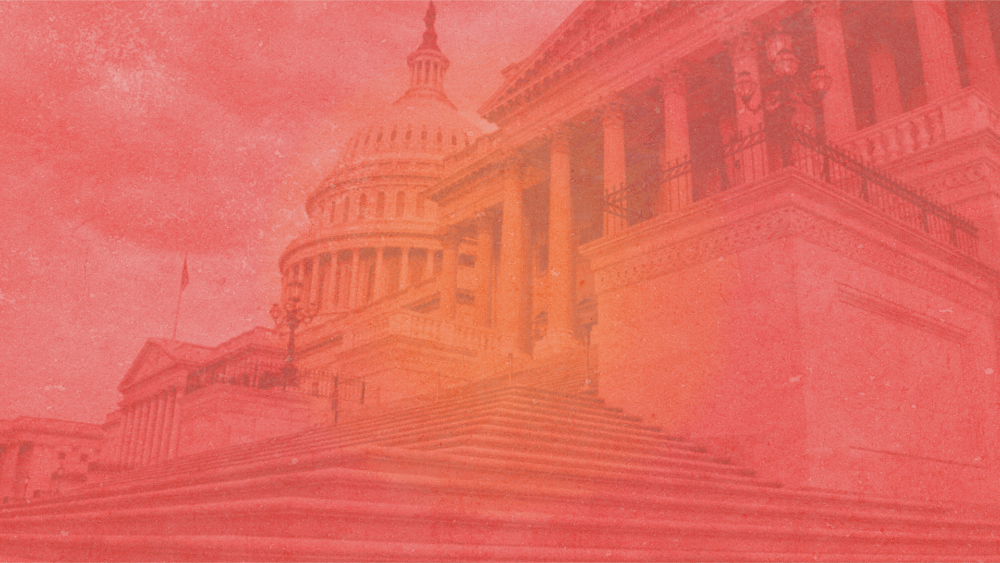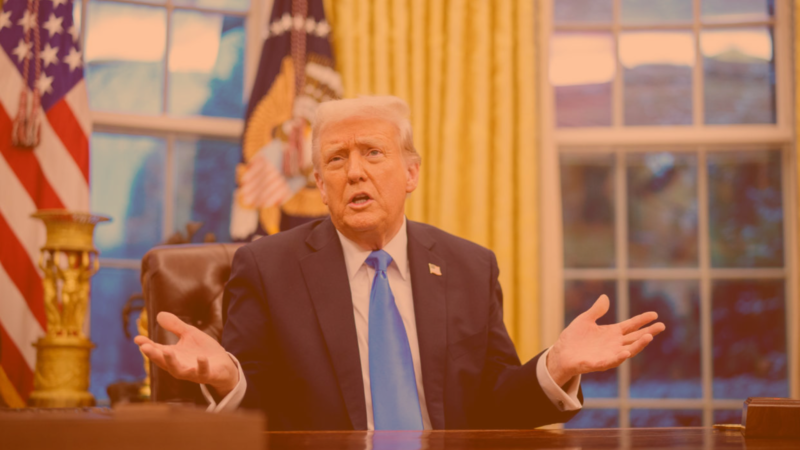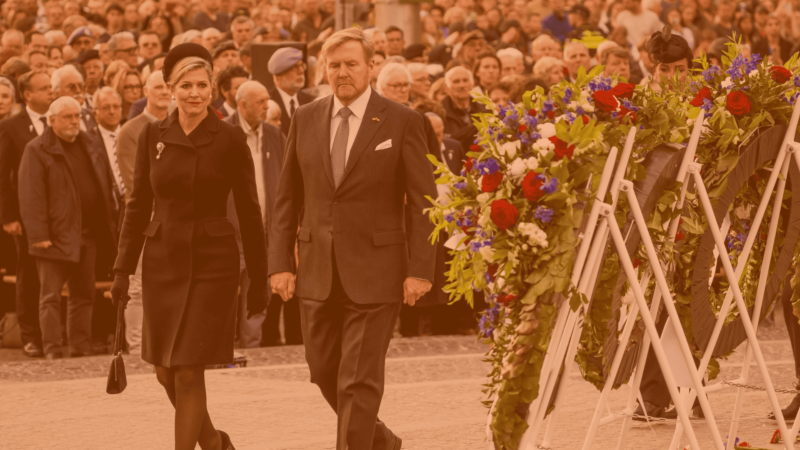The global response to the Russia-Ukraine war shows that there is no longer an automatic alignment with the West, which exposes its own fragility
The feeble and tired capitalist power elites in the west, drunk with their own power, numb to human pain and incapable of any sort of empathy, have been left naked.
I do not simply refer to the uncovering of their collective ignorance which not only destroys the collective memory of what total social distress can bring, or in other words, has brought in the past.
The major imperialist wars of the 20th century appear for the elites as simple phantoms of some individual failures within a system of merit, pride, freedom, and democracy. The horrifying acts perpetrated by Great Britain, France, and the United States – to name some major players – are never emphatically condemned.
The current Russia–Ukraine war and the way the collective West is handling it, avoiding peace negotiations at all costs, while opening the coffers to the arms industry, in an effort to make a killing out of yet another situation, exposes the capitalist logic. Never let a crisis go to waste, has long been their mantra.
The lack of worldwide support for the West in the context of a much desired proxy war between capitalist blocks represented by the US, NATO and its vassals has shown that most countries in the world do not adhere anymore to the binary US demand of “you are either with us, or against us”.
For those who are not satisfied with being fed the same old NATO-media narrative, this process is blatantly clear.
However, this process reveals something else. This no longer automatic alignment with the West exposes its own fragility. Even though the West is internationally known as the preacher of the self-proclaimed truth, the war between Russia and Ukraine has shown that Western truths, which are usually made known in the form of imperative demands, have succumbed. The power of discourse and guns has been outmatched, or, for now, at least halted.
The BRICS alone (Brazil, Russia, India, China, and South Africa), which account for approximately 40% of the world population, has maintained itself unified during this conflict; it has also initiated a process called BRICS+, namely incorporating new countries to the organisation, which would make it even more powerful. Saudi-Arabia, a traditional Western ally, and who has made it possible for the dying US empire to keep operating on deficits since the 1970s on the basis of the so-called petrodollar, has broken its traditional position as a vassal and instead maintained a firm position with the OPEC+, which means keeping close ties with Russia.
Venezuela has also been wooed by the United States after decades of being treated like a pariah in order for it to provide some of its oil to the West, a huge setback for the two decades of sanctions and isolation commitment against Venezuela and its people. Not least striking is the virtually non-existent observance by most countries of the world to the unilaterally sanctions imposed by the West against Russia. The once strong support for Western biddings is now on a decline.
Aligned with the United States are the usual suspects: the neoliberal European Union, Australia, Japan, and a few more countries. The rest of the world has rejected the 500 years old sovereignty and rule of the West. After so many decades of fighting communism, the withdrawal of counter ideologies to capitalism creates a peculiar situation in the West. A major difficulty to find an (ideological) anchorage for its dominium arises.
Throughout Western history, its elite seeks to legitimatise itself not based on civilisation projects but rather the opposite, negating humanity to its adversaries. The historical death of the anti-capitalist left-wing movement (which slowly starts to re-emerge) has given capitalism – provided with a neoliberal strategy – a green light to force upon the different peoples of the globe the total colonisation of their hearts and minds on a scale never seen before.
And despite this, the lack of real alternatives or contestations to capitalism prevents the capability of capitalist elites from outsourcing the responsibility of the problems they created upon the shoulders of competing systems or ideologies. The mainstream media and the (professional) political classes keep trying, again and again, to put the weight of hell breaking lose largely upon China and Russia.
Yet a general sense of absent prospects arises (i) for social change; (ii) for a future, where pain at social and individual levels does not become constant normality; (iii) for a world which can remain inhabitable; (iv) for social relations that enable a living beyond the total panic of not knowing if one will be able to pay rent, provide for its family, etc.; (v) for scaping the apparent inevitability of living from pay-check-to-pay-check.
Such a life full of anxiety and despair is not the monopoly of the third world anymore. It has reached the core of the West. It was not a foreign, alien ideology that created a fissure in Western ideology. Instead, it was real, concrete Western relations of egoism, destruction, domination, and profit-seeking at a wide-reaching dimension.
Capitalism often acts like cancer. It grows unceasingly with complete disregard for humanity or nature. While the historical capitalist rise in the West had the production of commodities as one of its foundations, its very nature of profit-seeking and expansion not only required but demanded from itself the exportation of capital. Thus, Western capitalism reallocated production elsewhere, even on the outskirts of the world, so far away that its middle-class could feel freed and purified from the efforts and “filths” of manual labour. And by controlling the flow of money capital, the West could control also the dynamic of far-away industries.
When local governments tried to assimilate industries and/or take back the local natural resources to the advantage of local populations, Western elites by the proxy of its politicians, court-workers, bureaucrats, ideologues, think-tanks, militaries, militias etc. made sure that local national interests could and would not prevail. This dynamic has proved itself for many decades very successful and the few Western direct failures, such as Cuba, North Korea, and more recently, Venezuela and Nicaragua, were ostracised and denied social relations with the rest of the world throughout its mafia-like manoeuvres of blackmail, deception, threats, intimidation, and segregation.
The situation now appears to contain nonetheless something new. Although Western weakness has been not only latent but already real for many decades, (i) the seemingly hitherto dearth of strong players to challenge Western hegemony, (ii) the risk of starting a counteraction by the risk of also being ostracised, and (iii) the major difficulty of creating coordination among countries that could intend some counter-actions were until now an impediment to providing an alternative to the apparent Western unipolar world dominance. The non-adherence to the West and its sanction system during this conflict between Russia and Ukraine (which can also be seen as a NATO proxy war) creates a situation, where the Western capitalist hegemony is being seriously threatened.
This threat has multiple dimensions. Let us name three important ones: the flow of capital; the flow of resources; and the flow of ideas. First, albeit the apparent lack of alternative ideologies to capitalist rule, its legitimacy has since the 2008 crisis (which for the most part of the world is still ongoing) been shattered. The current moment culminates a sequence of concrete events and brings together not anymore just a belief but the certainty that Western capitalist rule cannot provide a life for the 99% beyond precarity while enabling only the 1% an abundant life. Second, for over a decade Russia has been conceiving alternatives to SWIFT and, at least since 2012, China started similar development, bringing both countries closer on a financial level. The exclusion of Russia from SWIFT represents a major backfire because, on the one hand, not only cuts the West’s own monopoly on the global flow of financial capital by jump-starting this project between China and Russia but also catalyses it further among third world nations.
On the other hand, it cracks one of the most important institutions that have helped enable the United States to function since the 1970s on the basis of indiscriminately printing dollars and selling debt. Since the European Union acts as a Unites States vassal, this financial crack could prove too vast to be fixed. Finally, while the so-called current energy crisis in Europe has made everyone finally realise that capitalism requires great amounts of energy to produce a constant flow of surplus, this shows the third world the importance of understanding the dialectics between the master and slave.
While the third world has neither the military nor the financial capacity to operate its own capitalist-imperialist rule, in other words, to explicitly organise against Western Imperialism, the resources it possesses grants itself an extreme amount of power. The West cannot function without the constant flow of resources extracted overseas – usually from third-world countries – and transformed elsewhere under its rule through capitalist production and finally sold, thus, enabling the West to realise great amounts of profit.
This third dimension of the flow of resources is usually taken for granted but new coordination of its flow could put the West on its knees within weeks, or at least enable third-world countries to start conceiving both national as well as regional projects beyond the simple tutelage of capitalist imperialism. The world moves from “the grand chessboard” to the complexity of Wei qi (also known in the west by name of the game ‘go’).
Not only does Emperor Capitalism no longer have clothes, but there is no one left at the helm to sail the society-ship as it drifts into a dreadfully wild storm.
Do you want to be informed of DiEM25's actions? Sign up here















